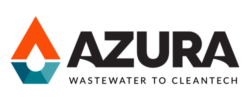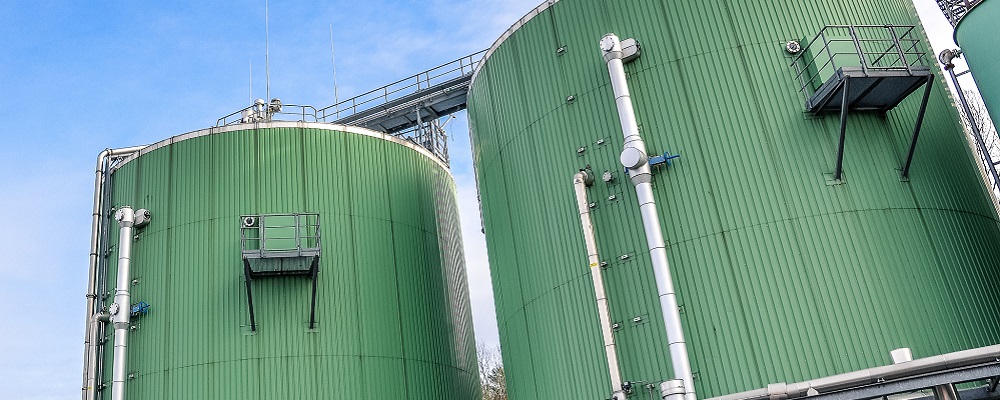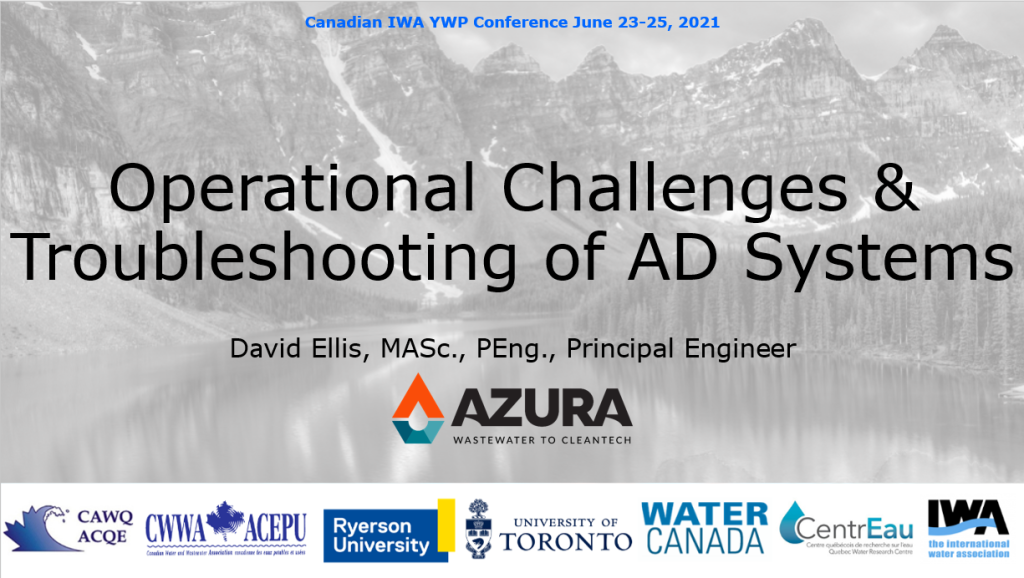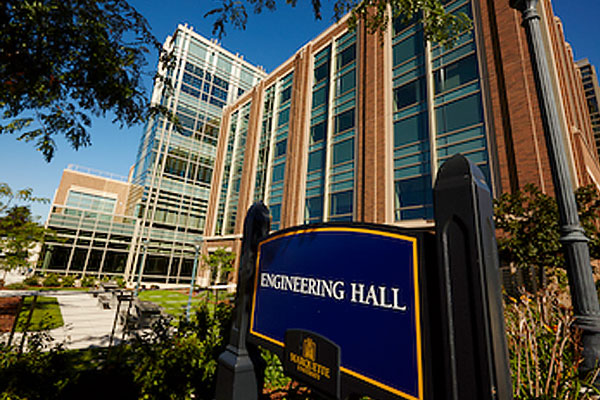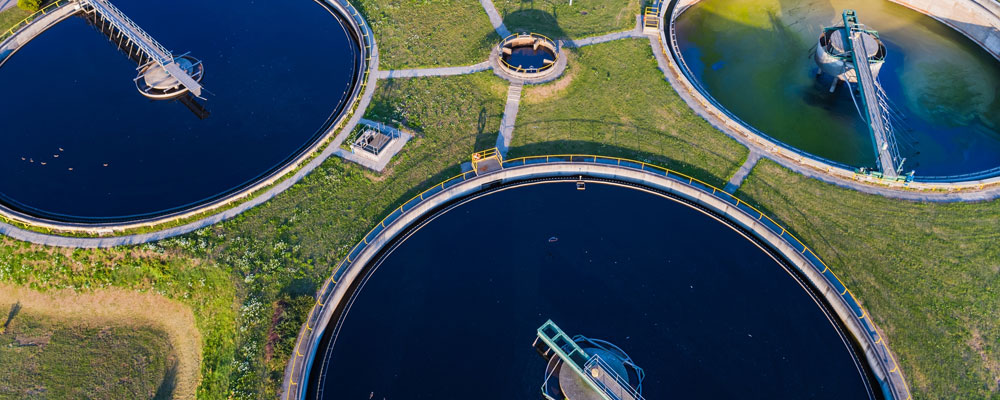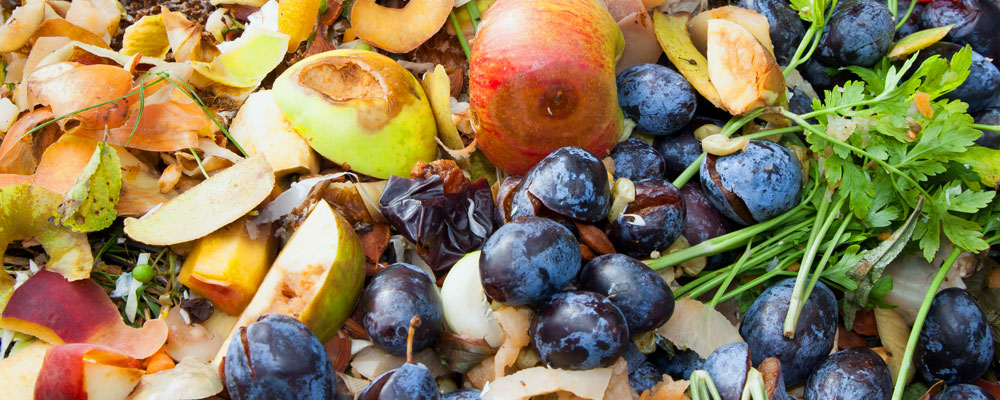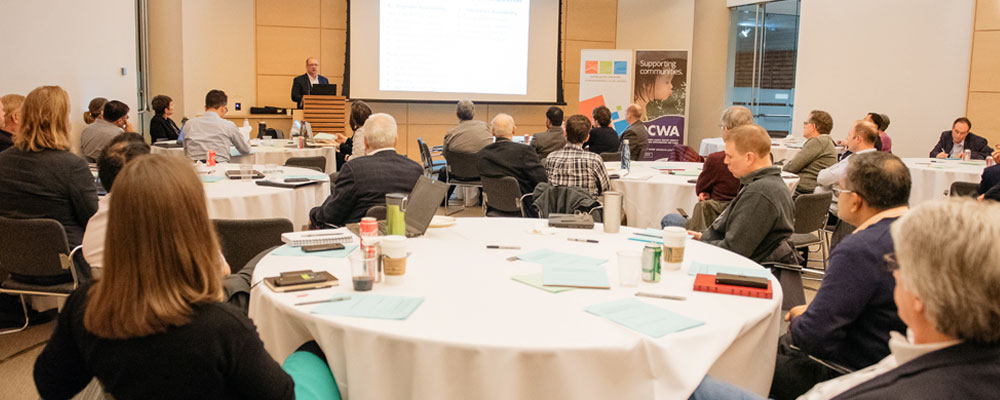An food waste digester case study from Azura Associates was incorporated into the training material presented by anaerobic digester experts Dr. Melanie Hecht and Birgit Pfeifer at the IBBK’s virtual Biogas Operator Training in June of 2020. Dr. Hecht, who is a Senior Biogas Plant Biology and Process Control Expert, presented a section called “Practical Plant Operation: Process Control and Plant Optimization” at this event. This case study highlighted the methodology used by Azura to recognize imbalances and proactively adjust the digester feedstock recipe to balance its nutrition for optimal biogas production, performance, and consistency.
